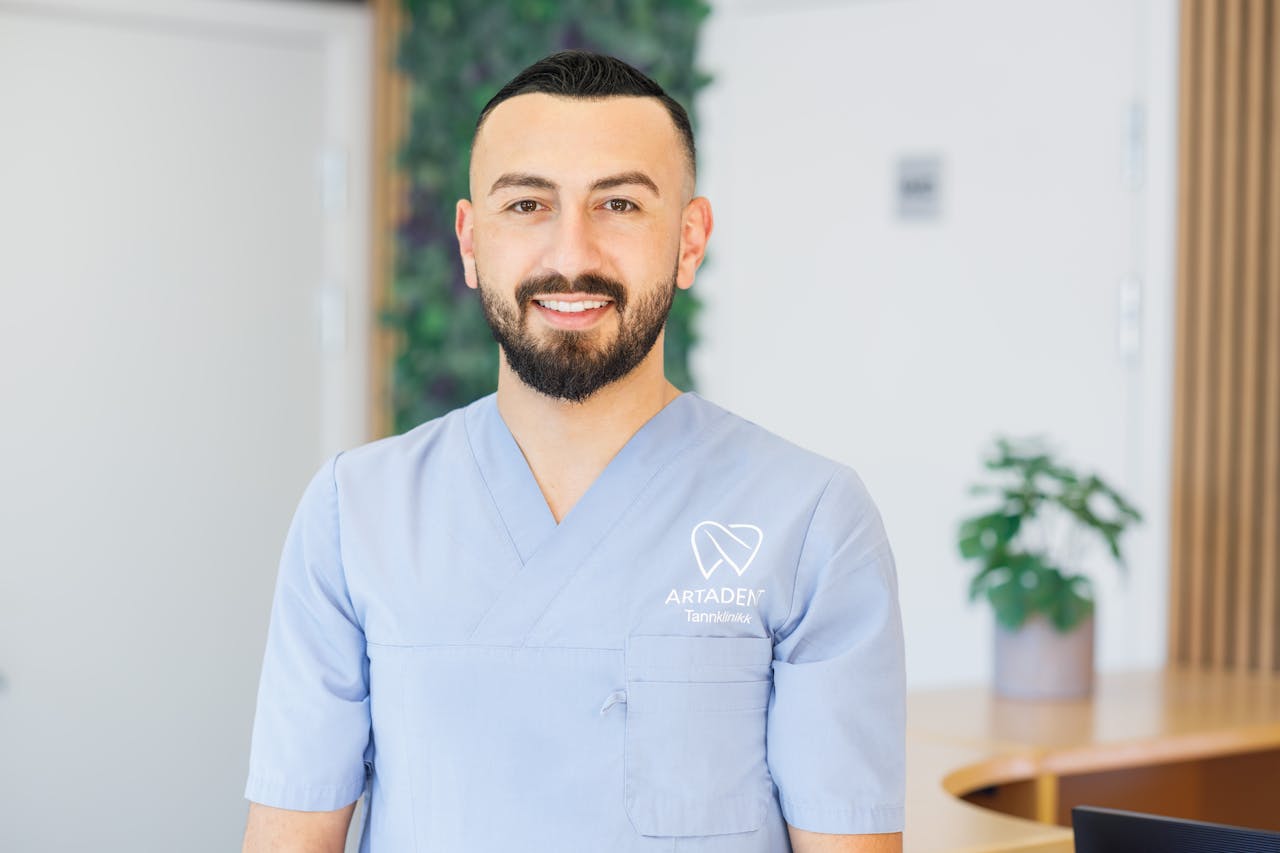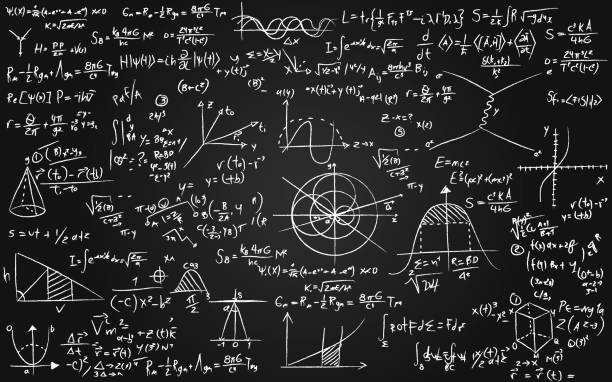Beyond the White Coat: What It Truly Means to Be a Medical Doctor
Publicado

Publicado

RemoteScout24 · Publicado 2023-10-16 17:59:01.0
RemoteScout24 · Publicado 2023-10-06 17:59:01.0
RemoteScout24 · Publicado 2023-09-30 17:59:01.0
RemoteScout24 · Publicado 2023-10-06 17:59:01.0



